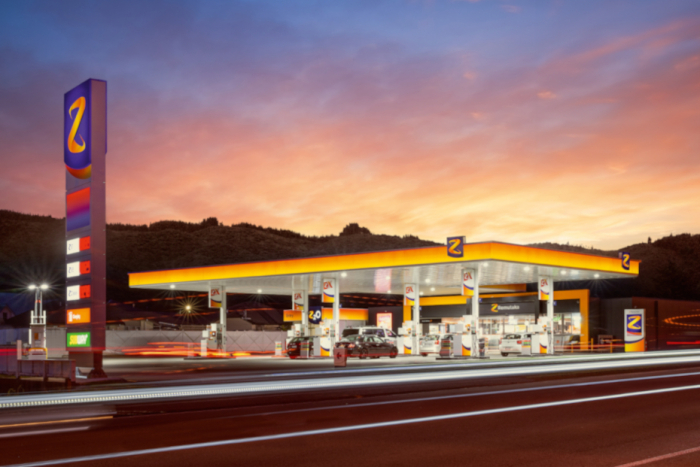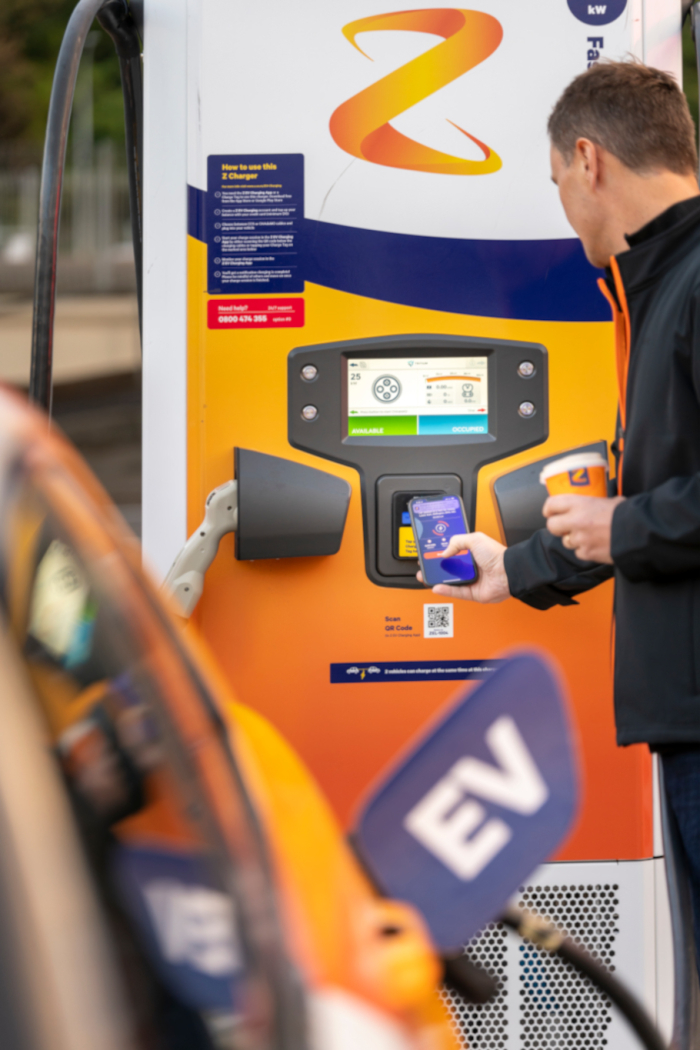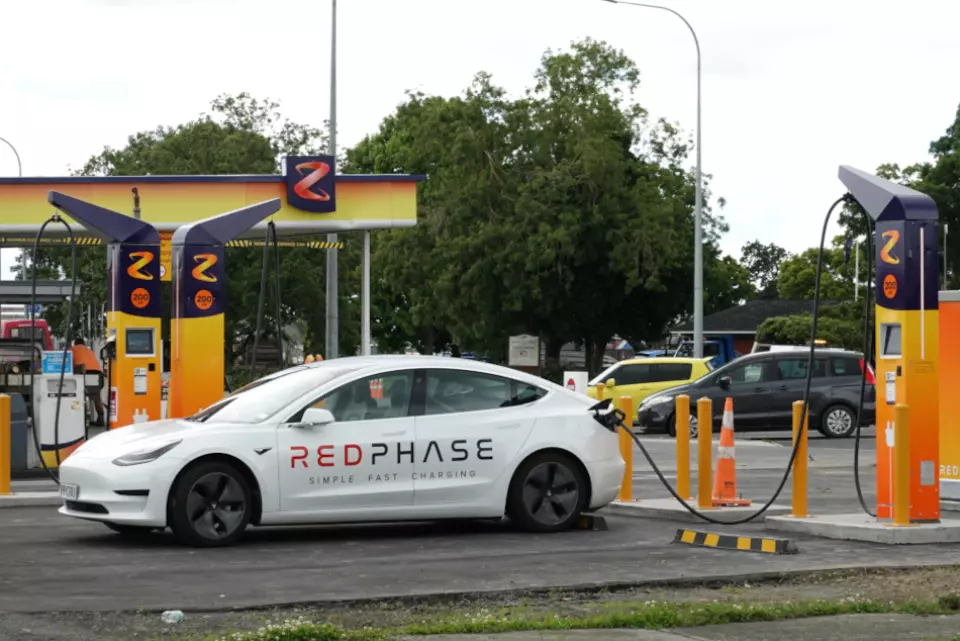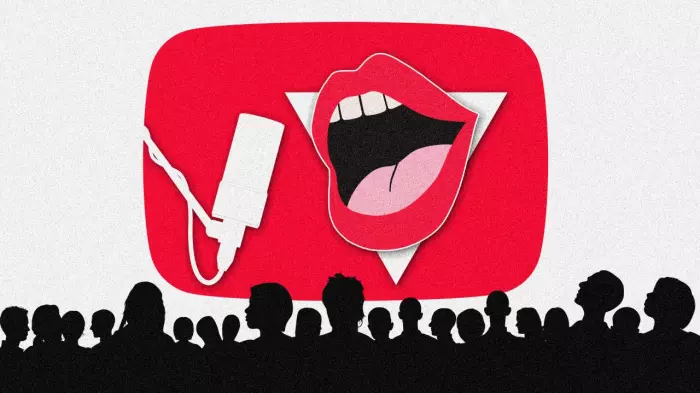Being a fuel importer in a transition to EVs carries challenges which must be met: Z Energy
The number of EV charging bays popping up at Z service stations throughout the country is a sign of the way the company is embarking on its own transition as New Zealand moves to a lower carbon economy.
Z is one of New Zealand’s largest fuel importers, serving around a million customers a week – but is also playing a role in helping customers in their own energy transitions.

The challenge of being a fuel importer while transitioning to serving electric vehicles demonstrates the fine line the company has to tread. Z’s CEO Lindis Jones is mindful of this balance: “We still need to meet the needs of our customers today. We spend up to $100 million a year on maintaining and investing in existing fuel infrastructure, and no one is going to thank us if we take our eye off the ball and walk away from that.”
Yet at the same time, Jones says climate change is the most pressing challenge of our time and “Z wants to move from being part of the problem, to part of the solution”.
“Our strategy confronts the challenges and opportunities that come with being a modern energy company and ultimately, our success will be determined by how we deliver for our customers today while enabling Kiwi households and businesses to transition to a low carbon future,” he says.
One of those challenges is reflected in the latest EV statistics: To the end of January this year, 73,000 fully electric light vehicles and 30,000 plug-in hybrids were registered in New Zealand out of a total fleet of 4.5 million.
Finding ways to meet the additional demand for EV charging is a challenge Z is up for. With EVs expected to make up about 10 per cent of the light vehicle fleet by 2030, the company has developed a strategy that provides the opportunity for growth through supporting customers in their own energy transitions.
Part of that strategy involves work to continue installation of EV charging bays at Z service stations around the country. To date Z has 107 across 38 sites and expects to have 150 bays operating by the end of 2024.
Underpinning all of this is the fact Z sees itself as an energy company, not specifically a company supplying petrol and diesel.
 “That’s always been the mindset,” Jones says. “We don’t drill for oil, and we have no bias as to what energy we sell – rather we are led by customers and aim to respond to what they need. Our purpose is to provide for the mobility of all New Zealanders and as fuel use changes, we will look to leverage our existing infrastructure to deliver.”
“That’s always been the mindset,” Jones says. “We don’t drill for oil, and we have no bias as to what energy we sell – rather we are led by customers and aim to respond to what they need. Our purpose is to provide for the mobility of all New Zealanders and as fuel use changes, we will look to leverage our existing infrastructure to deliver.”
Jones says Z wants to make the transition as easy as possible for customers: “We want to support our customers who are switching to low carbon transport alternatives and make it as easy to charge as it is to fuel up in the traditional way.”
This is a factor likely to be of increasing importance as EV driver ranks grow from early adopters to greater numbers of people who may not be as familiar with the charging technology and network.
To that end, the company has introduced a number of innovations including an EV charging app that gives customers the location of Z’s charging bays, the speed at which a vehicle can be re-charged and the cost.
The app has a pay-as-you-go feature through which customers select the charge point they want to use and authorise the charger to start. Once done, the app charges a customer’s credit card.
Its ownership of power company Flick has also enabled Z to offer a smart power plan with free power between 3am-6am and cheaper night rates to keep homes and cars powered up*.
Jones says meeting customer needs will also involve providing in-store conveniences for those waiting for their vehicles to be charged, for example grocery items and take-out meals.
“With everything we are doing we are very early in our journey and are still learning,” he says. “But as more people buy EVs we will get a better understanding of what they want from us and how we can respond.
“Getting these things right will enable us to sustain our business and customer loyalty into the future. We have to do change well for all sorts of reasons, but most importantly to maintain the trust of New Zealand and New Zealanders.”
For more information, go to Z Energy
*These rates are not applicable to any separately price controlled meters such as for hot water.






